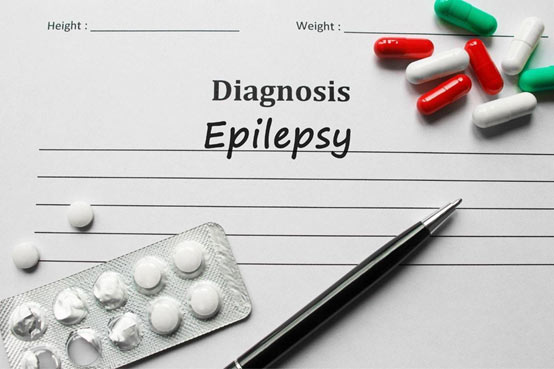An epilepsy diagnosis is difficult, it takes patience and time.
It is a process and not something that happens in one doctor’s office visit. Many people have a single confined seizure at some point in their lives. But if someone has more than one epileptic seizure and has the tendency to experience uncontrolled seizures that occur in the brain, then they will most probably be diagnosed with epilepsy.
There are many disorders that can cause changes in behavior and can be confused with epilepsy.
So, when visiting your doctor, it is imperative to give them details of what happened before, during and after the seizure in order for them to assess the causes of the seizure. What happens during a seizure is the most crucial information.
In most cases, the person will not remember what actually happened, so it helps to have information from someone who witnessed it. If epilepsy is a possibility, then your doctor will refer you to a neurologist who will run a number of tests such as Electroencephalogram (EEG), Computerized Tomography (CT), and Magnetic Resonance Imaging (MRI) to figure out if you have epilepsy and if so, what type you have.

Site Pages:
helpful information:
All rights are reserved to the Eyal Association – Israeli Epilepsy Association © 2022